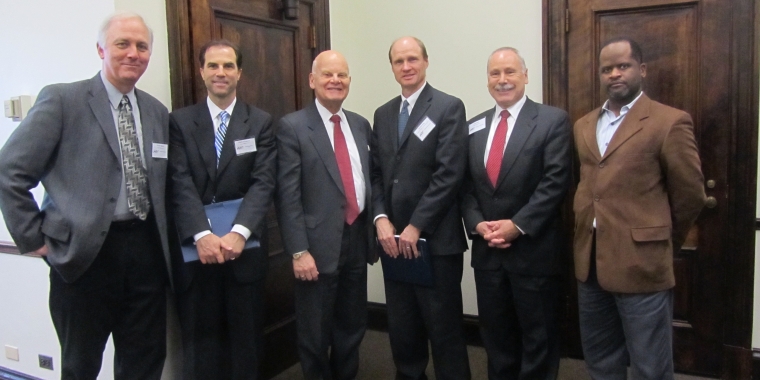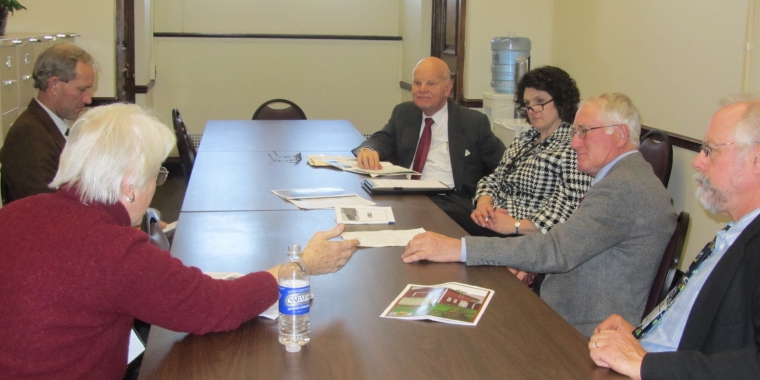
Senator Saland's Legislation To Provide For Testing Of Private Wells Passes Senate
Senator Steve Saland (R,C Poughkeepsie) today announced that the "Private Well Testing Act" (S.7921B), he authored, which would help protect the public from dangerous well contaminants passed the Senate.
The legislation would encourage the testing of more private wells, notify residents of potentially contaminated areas, and provide prospective buyers with greater disclosure on the water quality of a private well. It also authorizes the local governing body upon the advice of the state Department of Health and Department of Environmental Conservation to require at-risk areas to undergo mandatory well testing when a property changes hands, as well as creates a public information and education program.
In addition, the bill would provide for state funds to be used for the reimbursement of mandatory testing for all private wells within the vicinity of Superfund sites. Similarly, private sellers who voluntarily test their wells would be eligible to receive a credit from their transfer gains tax upon the transfer of title, based on a maximum cost for the testing developed by the Department of Health.
In some parts of Dutchess County, pollutants not detected by commonly used water tests have been discovered. When a prospective buyer seeks a mortgage, lending institutions often require water tests, which do not detect dangerous contaminants such as PCE, TCE or MTBE. "More sophisticated testing is needed to detect these dangerous chemicals, however, many potential home buyers are unaware of the need for more comprehensive well testing. My legislation will not only encourage owners and buyers to test the water supply, but alert them if any nearby properties have failed test results presenting health threats." said Saland. "With knowledge in hand, they can take action to protect their families."
In New Jersey, the only state to mandate testing of all private wells, 8% of those wells tested positively for these pollutants, of which only 17% tested positive for contaminants not detected on the test commonly required by mortgage lenders. The cost of these tests ranges from $450 to $650. Outside of New York’s cities, more than 20% of the state’s population, in over 800,000 households, are serviced by private wells. In excess of 50,000 of those households are in Dutchess and Columbia counties.
"My bill is sensitive to the need for local input and avoids costly mandates and assures that those who are required to test or choose to test are reimbursed," Saland noted.
Saland’s legislation is a comprehensive approach to the problem of serious well water contamination. "By heightening public awareness, more private wells will be tested, thus protecting not only a family’s investment but their health as well. My legislation not only provides notice of contamination or potential contamination, but provides significant penalties in the event of the failure to disclose, without mandating a costly test on hundreds of thousands of New York homeowners without regard to the location of their property or lack of likelihood of potential contamination," Saland concluded.

